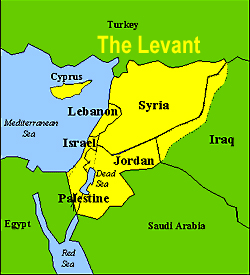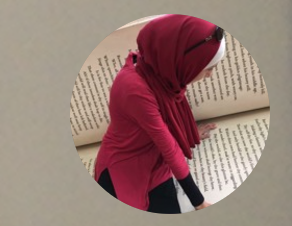“This research is really needed and important for Jordanian aid and development workers.”
–M&E aid worker in Amman
As part of my research on national (aka ‘local’) humanitarian aid and development workers, I have been fortunate to talk with many Jordanians working for INGO’s in various capacities. Their generosity and openness has been a gift. Here are some thoughts from my discussions with one young professional.
Thoughts on low response to survey
Recently I have had a series of very informative interviews with a young female Jordanian research director at a mid-sized INGO working in Amman.
Among multiple topics, we have talked about my survey, live for many weeks now, and she said the release of the survey was badly timed because just now the ‘expats’ are coming back from holiday/New Year break and everyone is gearing back up and working long hours these early winter months.
To date, there are 79 responses to the survey, just over 1% of the thousands of Jordanian aid and development workers now in the sector. There are 4400 working with organizations belonging to the Jordan INGO Forum (JIF) and likely 2000 more in various other organizations and capacities. Collectively, the aid and development sector may be the biggest industry in Jordan, even bigger that tourism in terms of numbers of workers.
As we talked about the survey response -or lack thereof- she noted that “… it is hard to engage people in civil life” and that many are “conditioned to not trust the system.” She went further to note that, in her view, the more educated people were, the less likely they were to be engaged, and that this is related to a chronic sense of disappointment between governmental and organizational aspirations and the actual results.
In sociology we use the terms “ideal culture” and “real culture” (I talk about it in this post from 2014), and when I discuss these terms with my students, I note that the gap between the “is” and the “ought” is not the exception, but rather the rule in most organizational settings. Just yesterday we talked about the aspirational “ought” of the Universal Declaration of Human Rights” and the reality that the global situation on every continent is far, far short of the goals in this lofty document.
For another recent example, note the continuing gap between the rhetoric and actions of the Afghanistan Peace and Reintegration Program (APRP) and the current state of affairs in this crippled state. The ideal and the real are further drifting part, methinks, not just in Afghanistan and Jordan, but globally.
Generations of Jordanians have been dealing with refugees at least since -ironically- 1948, the year the Universal Declaration of Human Rights was published. Here are some numbers: 2,175,491 (Palestinian refugees) (2017); 65,922 (Iraqi); 655,624 (Syria) (2018) for a total of approximately 2,896,837, or just less than one third of Jordan’s total population of 10,248,069 (source). Given this over 70 year history of dealing with waves of refugees from their neighbors in the Levant, one can easily understand a Jordanian attitude of resigned acceptance of the gap between what is and what could be. Peace and progress in the region seem beyond the control of any single person, organization, or even government, no matter how well resourced they might be. It is hard to get engaged in civic life when you have many reasons to believe that your civic engagement actions are, on the whole, unheard and ineffectual.
resigned acceptance of the gap between what is and what could be. Peace and progress in the region seem beyond the control of any single person, organization, or even government, no matter how well resourced they might be. It is hard to get engaged in civic life when you have many reasons to believe that your civic engagement actions are, on the whole, unheard and ineffectual.
Another humanitarian I interviewed made the single point that taking the time to complete a survey -not to mention the mental and emotional energy necessary for that effort- is difficult given the demands of the work week.
Indeed, why would a Jordanian humanitarian worker take the time to complete yet another survey, especially one that comes from an outsider, a non-Arabic academic from the US?
Methodology notes
As is noted on the opening page of the survey, the overall purpose of this research is to learn about the views and lives of local aid and development workers in Jordan. My goals are to share these survey results with the humanitarian (aid and development) community in Jordan and much more broadly to the rest of the world via blogging and eventual academic publication of the overall results. My methods to this point have included using social media, personal contacts, and an over ‘snowball’ strategy, with the hope that, meme-like, word would spread and more would hear about the opportunity to share their views. The survey itself was crafted using the extensive input from over a dozen Jordanian INGO workers, and I have not talked to any Jordanians who thought the research was a bad idea or that the questions were off point or otherwise not appropriate.
I’ll close the survey in a few weeks and immediately begin presenting the results on this blog, doing so with the intent to honor the the gift of time and intellectual energy given to me by each respondent.
I’ll be posting more in the very near future about my discussions with this young Jordanian woman. In the meantime, if any of you reading this just now is a Jordanian working in the humanitarian sector, please consider taking the time to complete the survey. Click here.
In you have any questions, concerns, or feedback I invite you to contact me.



 Follow
Follow